Audrey Galawu-Assistant Editor
“AMR is not something we created on our own, but we are certainly contributing to its spread through our own actions,” declared Zimbabwe’s Deputy Minister of Health, Sleiman Timios Kwidini, at a high-stakes meeting on antimicrobial resistance during the Zimbabwe International Trade Fair.
The stark warning comes at a time when authorities are confronting the dual threat of rising drug-resistant infections and the flourishing trade in unregulated antibiotics.
Kwidini emphasized that behaviors like self-medication and medical shortcuts are accelerating AMR, urging communities to “go to the people” with education.
FAO’s Tendai Munyokoveri stressed, “Knowledge saves lives,” advocating for grassroots outreach.
Dr. Zivanai Makoni of the Medicines Control Authority tied the crisis to illicit markets: “Counterfeit products aren’t just ineffective—they’re breeding superbugs.”
His warning resonates with victims like Marondera farmer Tafara Moyo, 54, who lost 40% of his cattle after treating them with black-market antibiotics. “They didn’t work. My animals suffered,” Moyo said. “Now I fear the same drugs are sold to people.”
A police crackdown in April 2025 saw 23 arrests and the seizure of over 15,000 counterfeit and unregulated medicine doses in Harare and Bulawayo. Most antibiotics sold on the streets are smuggled in from Zambia.
“These smugglers are profiting from death,” said police spokesperson Chief Inspector Mandla Dube, referencing raids targeting networks hawking unregulated medicines. =
Related Stories
More Women Than Men Arrested as Drug and Smuggling...
But vendors selling antibiotics continue to openly ply their trade on CBD streets of most cities and towns.
High medical costs and poor service at public health facilities are some of the factors driving Zimbabweans to self-diagnose and procure antibiotics on the streets.
Consultation fees at private clinics are between US$10 and US$25 per visit while ap packet of street antibiotics costs from one dollar for a blister pack of 10 tablets.
Dr. Munyaradzi Dzvene, a private-sector advocate hinted at the need for external funding to fight AMR: “New chemicals can combat resistance, but partnerships are key.”
The United States has sharply cut its funding for health initiatives in Africa and other countries. The European countries have also decided to spend less on funding developing countries initiative in favour of boosting their defence systems and taking care of growing economic challenges at home.
This means Zimbabwe and other countries must take agency and forget the old route of donor dependency.
The “One Health” approach, linking human, animal, and environmental sectors, faces hurdles from misinformation and porous borders.
Despite challenges, officials remain optimistic. Gender specialist Owen Nyamwanza called for “one gospel” in public messaging, while FAO and WHO back national action plans. Yet, for citizens like Moyo, progress can’t come soon enough. “We need help now,” he insisted.
As Zimbabwe finalizes its AMR strategy, the message is clear: collaboration is non-negotiable. Informed citizens, efficient law enforcement, effective punishment of offenders an accessible health delivery system are crucial for ensuring that AMR is stopped before it becomes a national crisis.











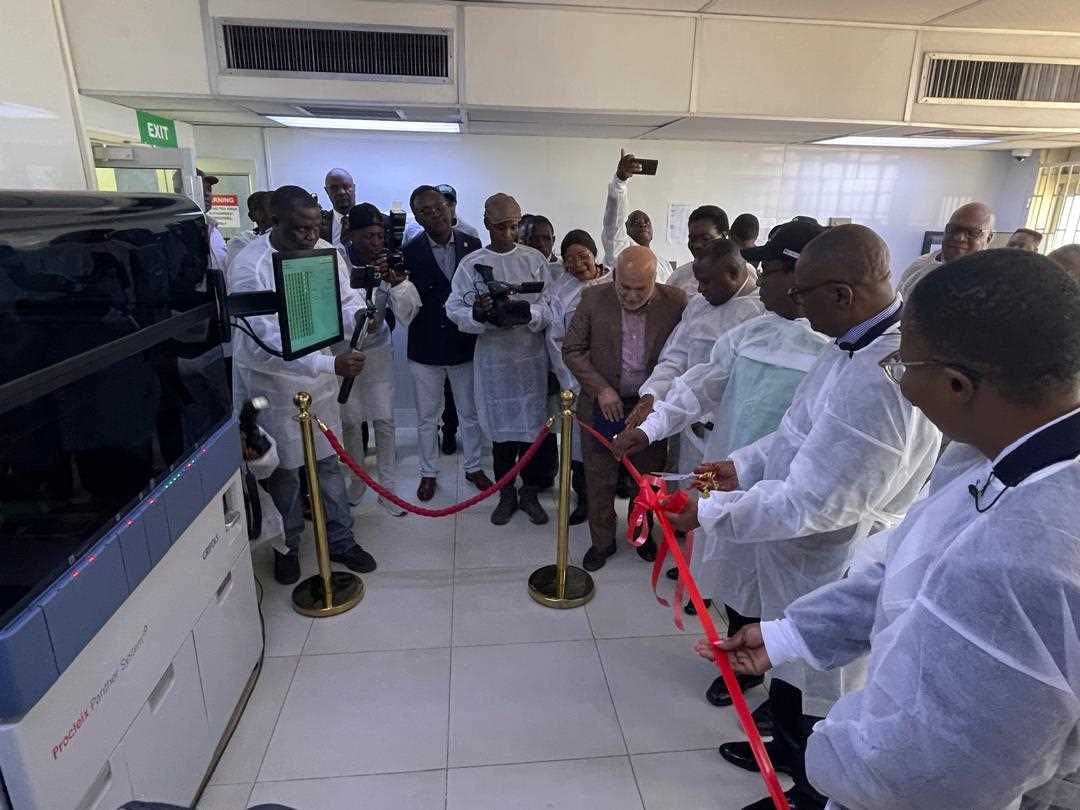
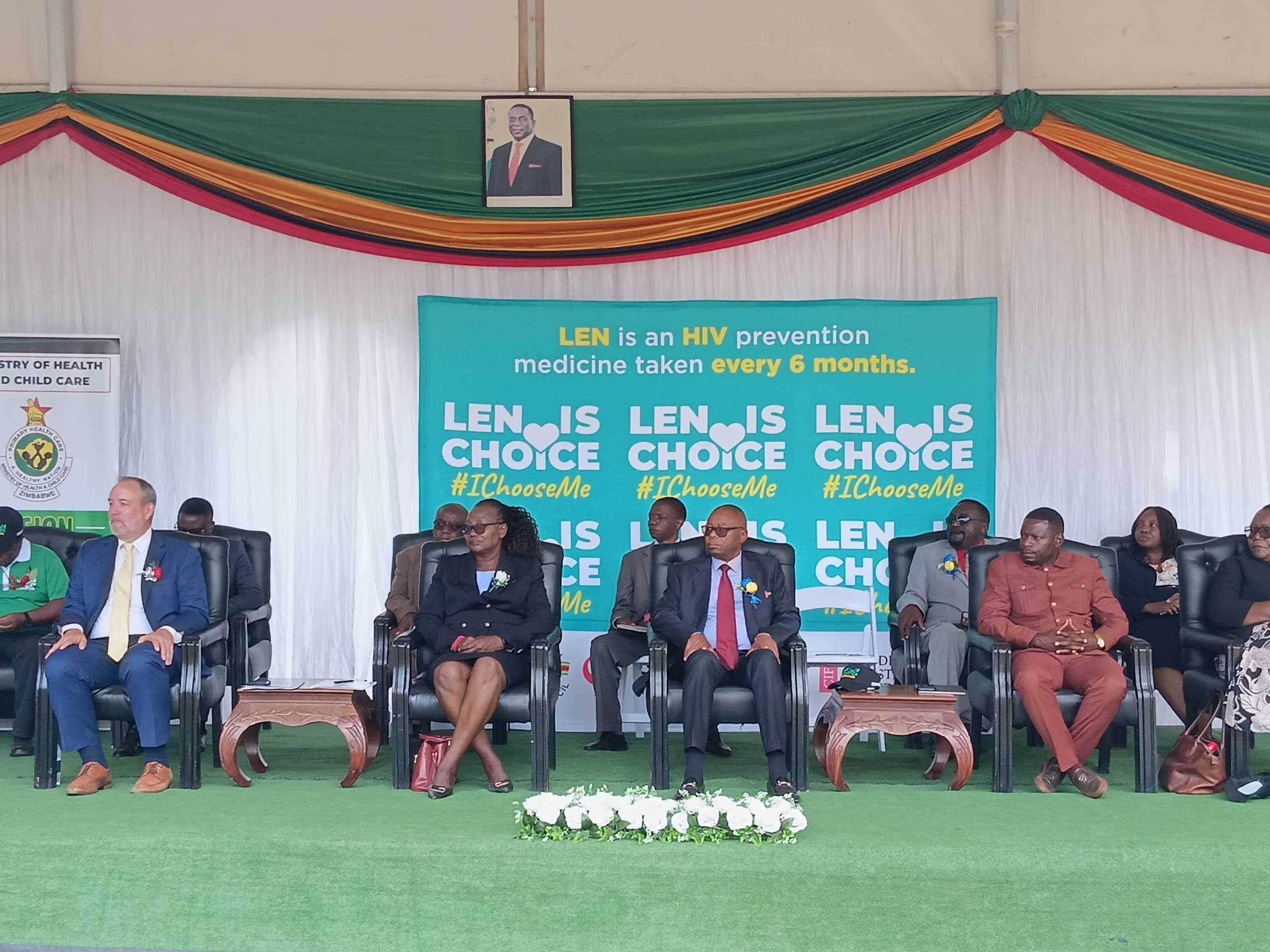

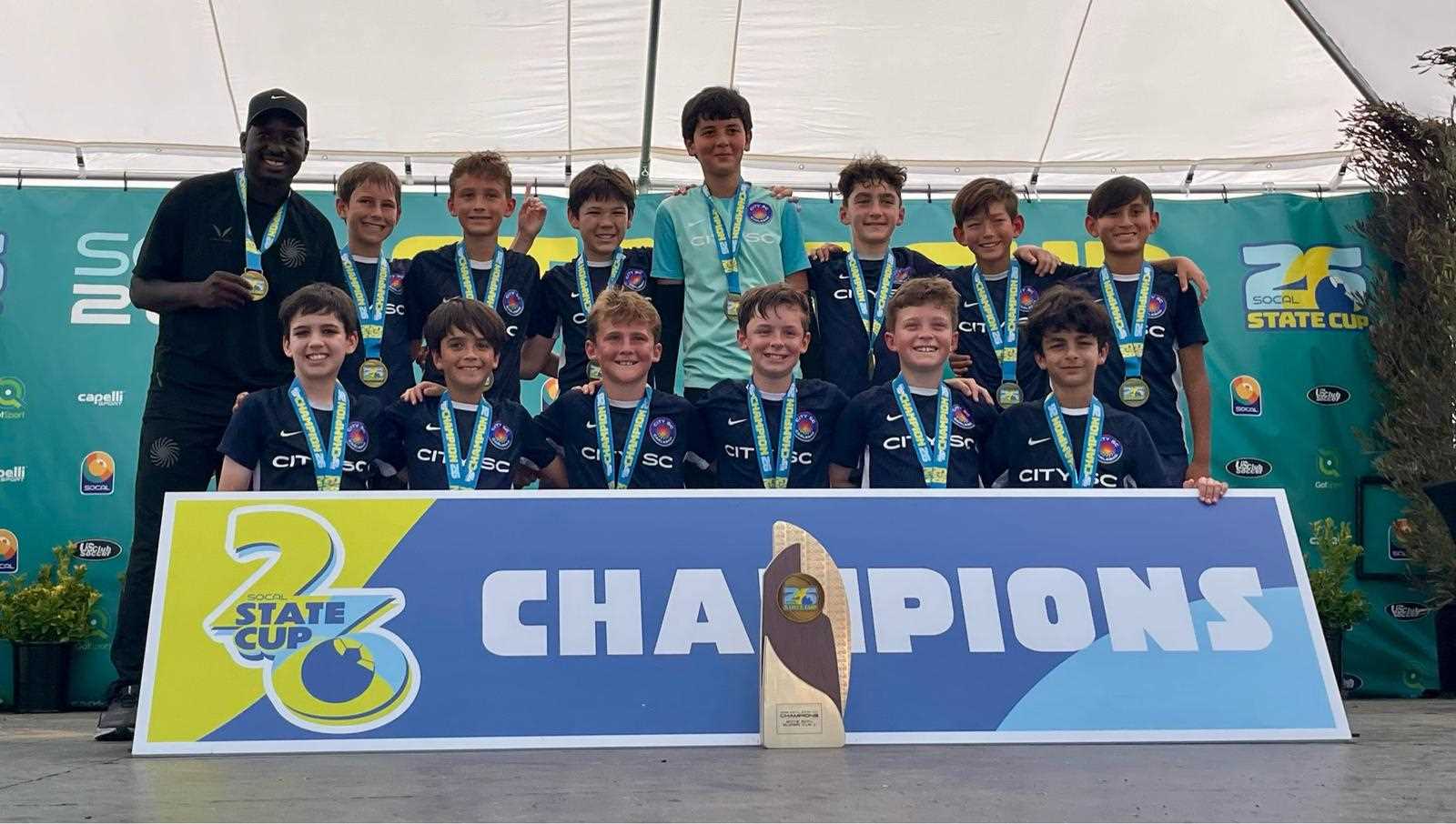
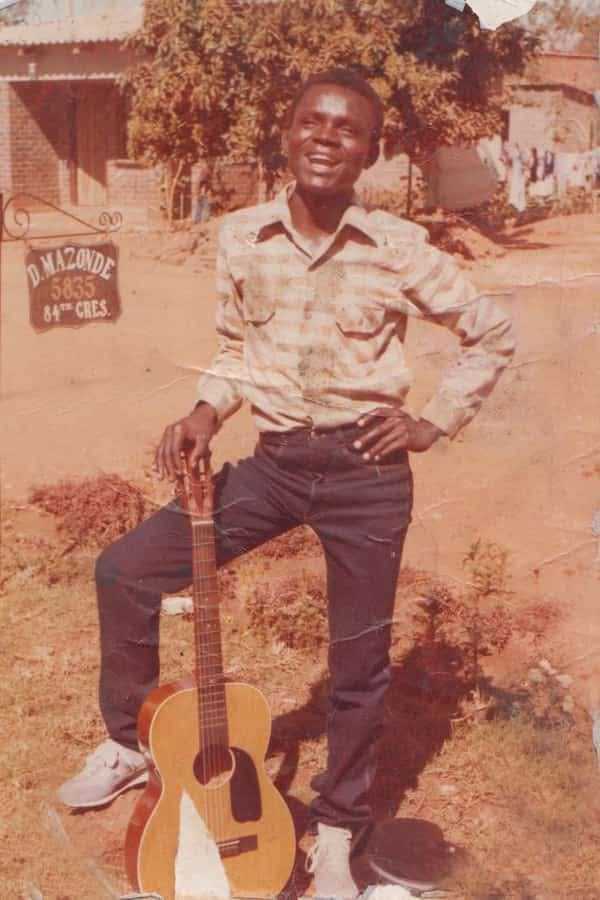
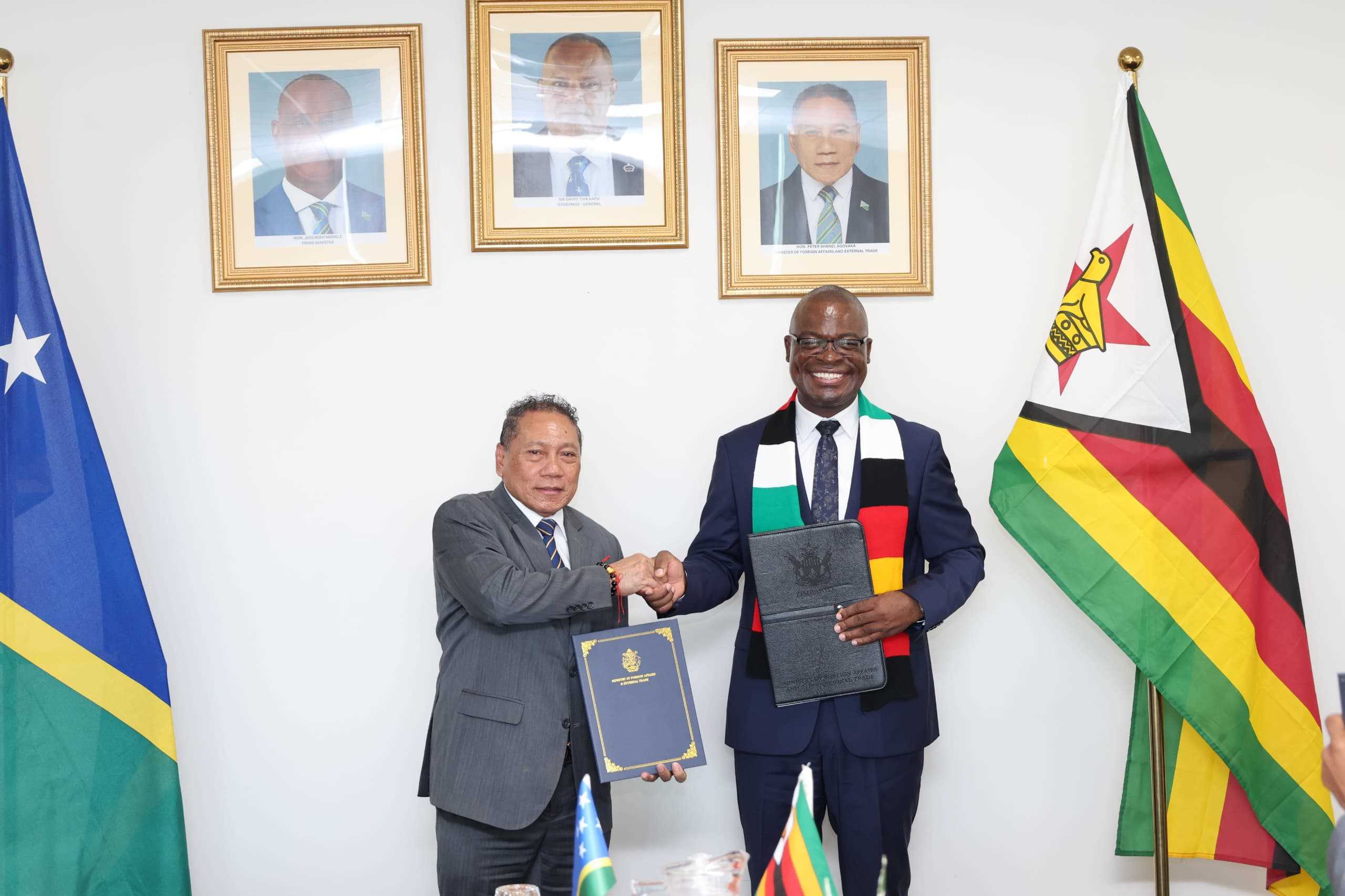



Leave Comments